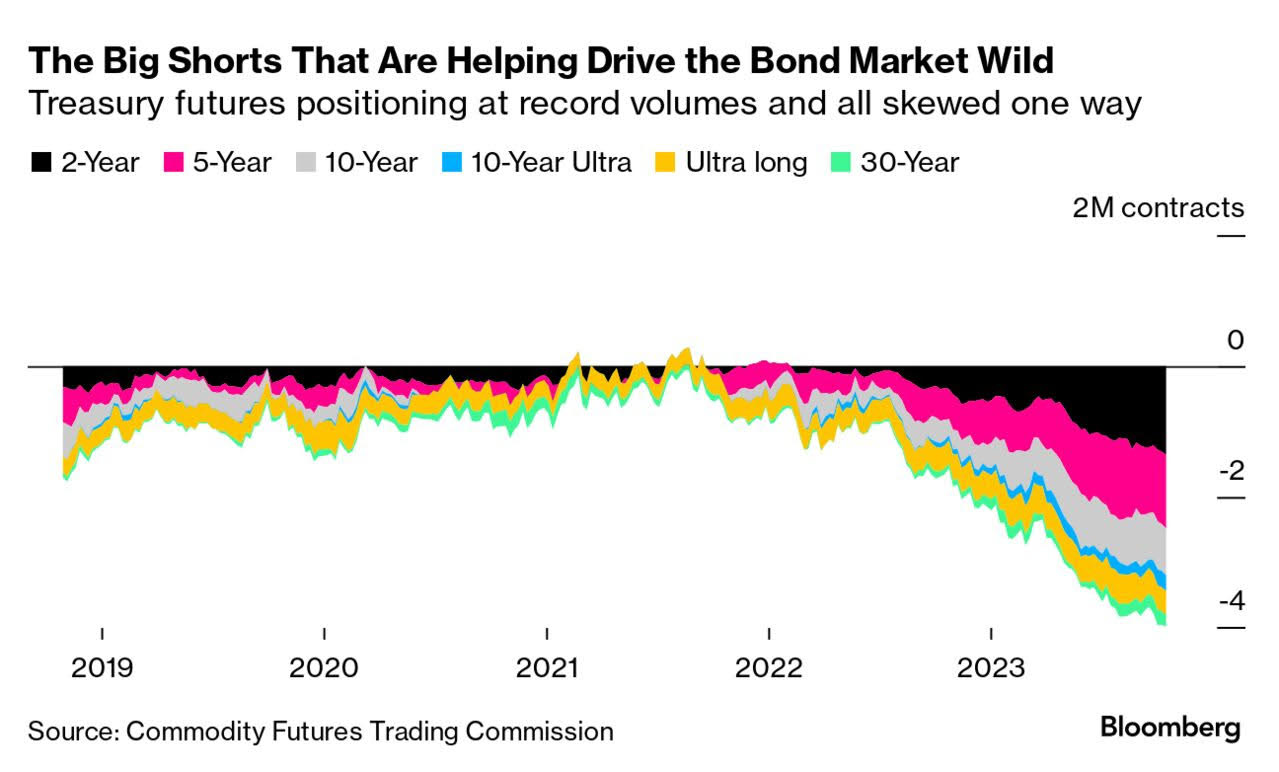My end-of-week morning WFH reads:
• Daylight Saving Time as Americans know it was instituted by corporate lobbies, not farmers: At some point in elementary school, many American children learn that Daylight Saving Time was originally intended to give farmers an extra hour of light to work the fields. That is, in fact, a lie. (Quartz)
• Americans Like Sharing Bad Economic News Way Too Much: The misery index was twice as high in the 1970s than it is now, yet consumers report hearing negative things about the economy at a much greater rate. Social media is partly to blame. (Bloomberg)
• The EV transition trips over its own cord: EV sales are skyrocketing, more than 100 models are on sale, and charging infrastructure is getting better. So why does everything seem so precarious all of a sudden? (The Verge)
• Ravaged Florida Town Becomes a Magnet for Risk-Taking Homebuyers: Fort Myers Beach, destroyed by Hurricane Ian’s winds and flooding, is being remade by those who can afford to build stronger structures — and face future storms. (Bloomberg)
• Far from war in Gaza, Hamas chief oversees vast financial network: Ismail Haniyeh, chairman of the militant group’s political bureau, lives in Qatar and controls assets across the Middle East now under U.S. scrutiny. (Washington Post)
• Behind the Scenes: As a movie extra, the author has ridden the L with George Clooney and watched Christopher Nolan direct. But it’s not always so glamorous. (Chicago Magazine)
• Now Or Never: Why Your Next Action is Everything. Derek Sivers’ guide to a purposeful life: How long have you been toying with the idea? And what concrete steps have you taken towards achieving it? If the answer to the first question is “a while” and to the second is “none,” then the chances are you don’t desire that outcome as much as you think you do. The same principle applies to our character. Do you consider yourself a generous individual? When did you last perform a genuinely generous act? If the excuse is that you’ve been ‘too busy,’ you may need to reassess your self-perception. (Infinite Loops)
• China’s Foreclosed Possibilities: China’s political and economic development since Mao’s death in 1976 has been widely misunderstood, which makes it hard to assess where the country might be headed under Xi Jinping. (New York Review of Books) see also The Sources of American Power: A Foreign Policy for a Changed World. (Foreign Affairs)
• The best pizza in America, by region and style: How pizza went from cheap commodity to chefs’ obsession. The United States is home to more than 80,000 small-chain and independent pizza restaurants, according to Yelp and industry statistics. Pies and slices have many habitats: gas stations, mall food courts, decades-old slice shops and white-tablecloth trattorias. It’s almost always affordable and portable. As the pandemic showed, it’s our go-to comfort food. (Washington Post)
• The surprising science that explains why we love thrillers: Entertainment isn’t frivolous. Walter Hickey’s new book You Are What You Watch explains why. (Vox)
Be sure to check out our Masters in Business this week with Zeke Faux, award-winning investigative reporter at BusinessWeek and Bloomberg News. He is the author of the new book, “Number Go Up: Inside Crypto’s Wild Rise and Staggering Fall.” The book is a hilarious deep dive into the many characters and scammers that have beset crypto.
Vanguard Says Debt Investors Dreading Rates Rout Are Missing Out

Source: Bloomberg
Sign up for our reads-only mailing list here.

